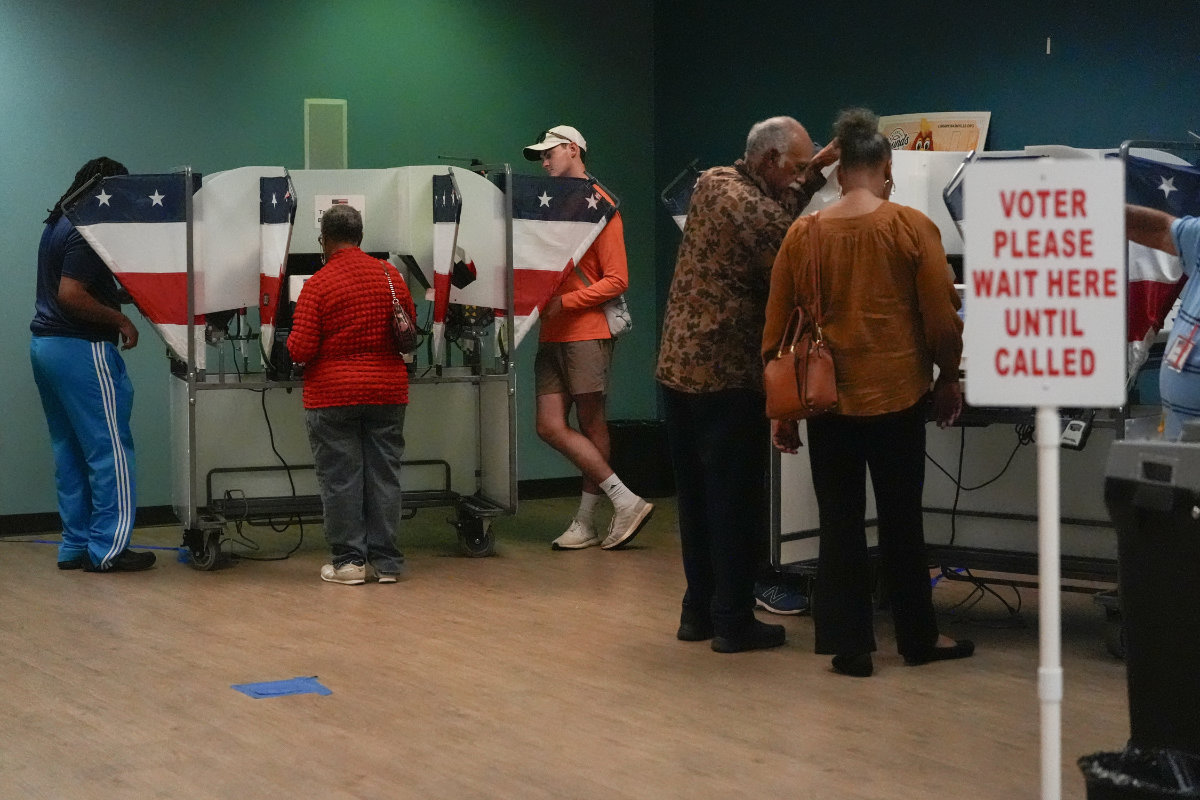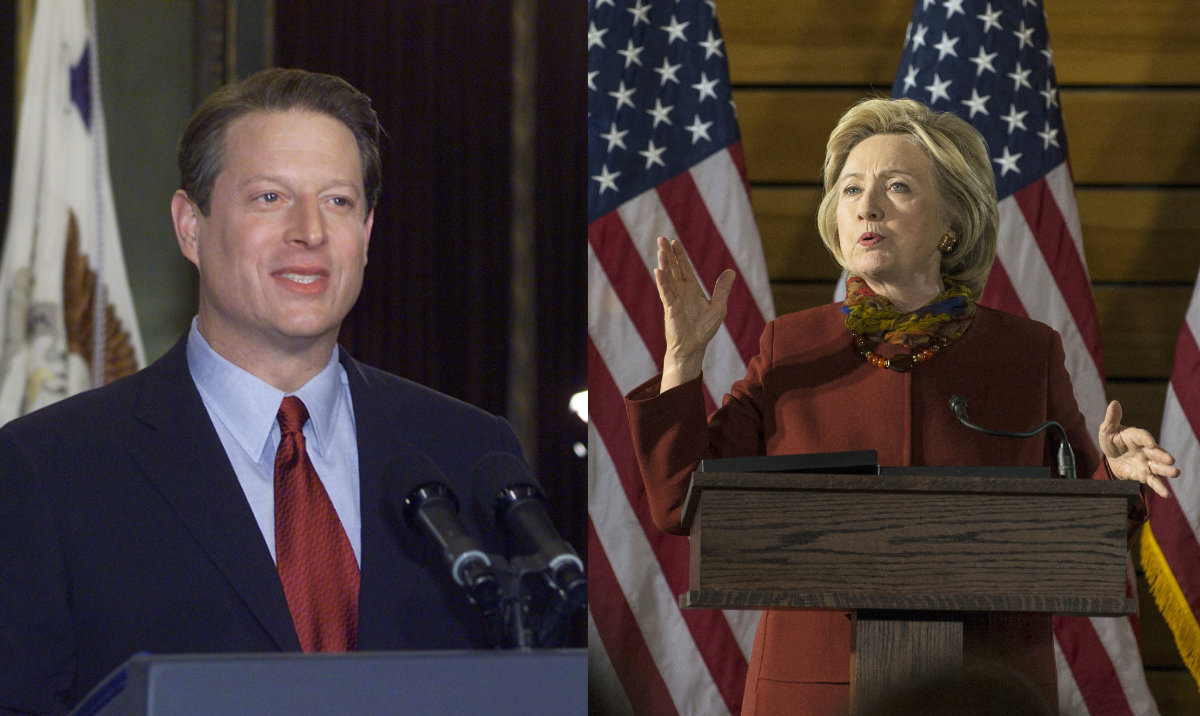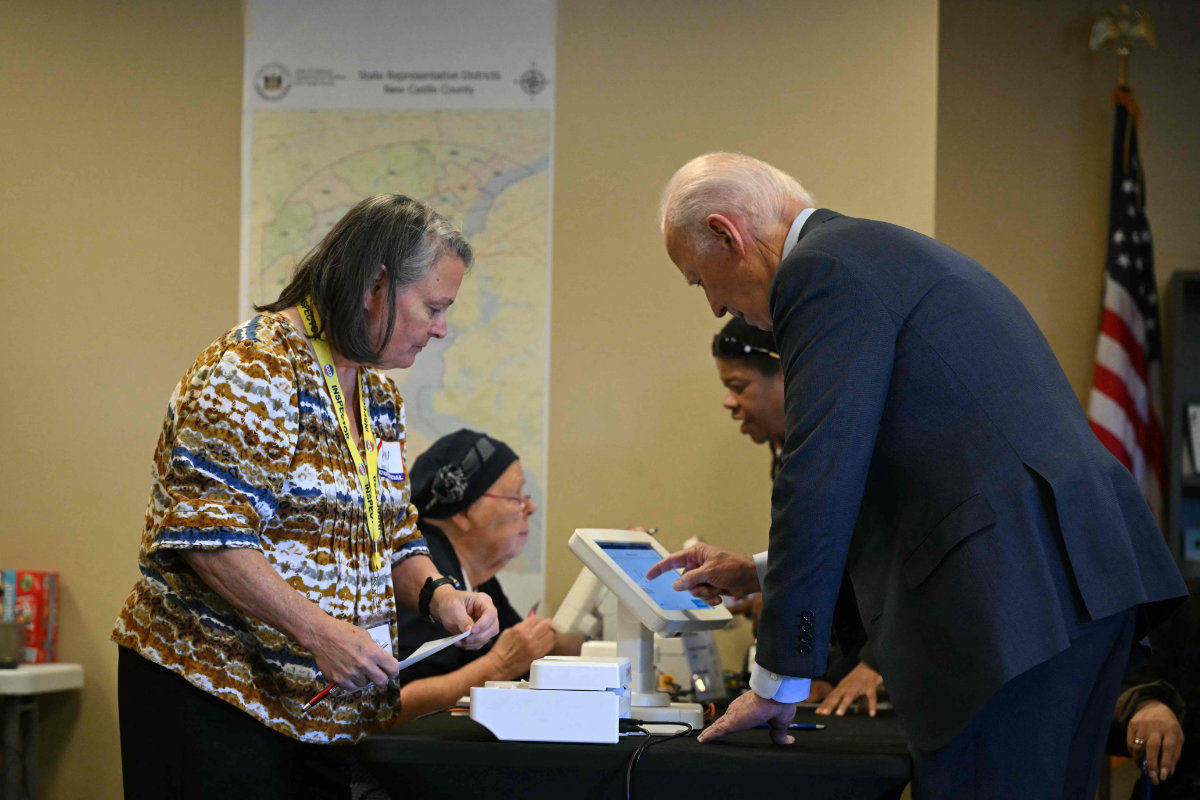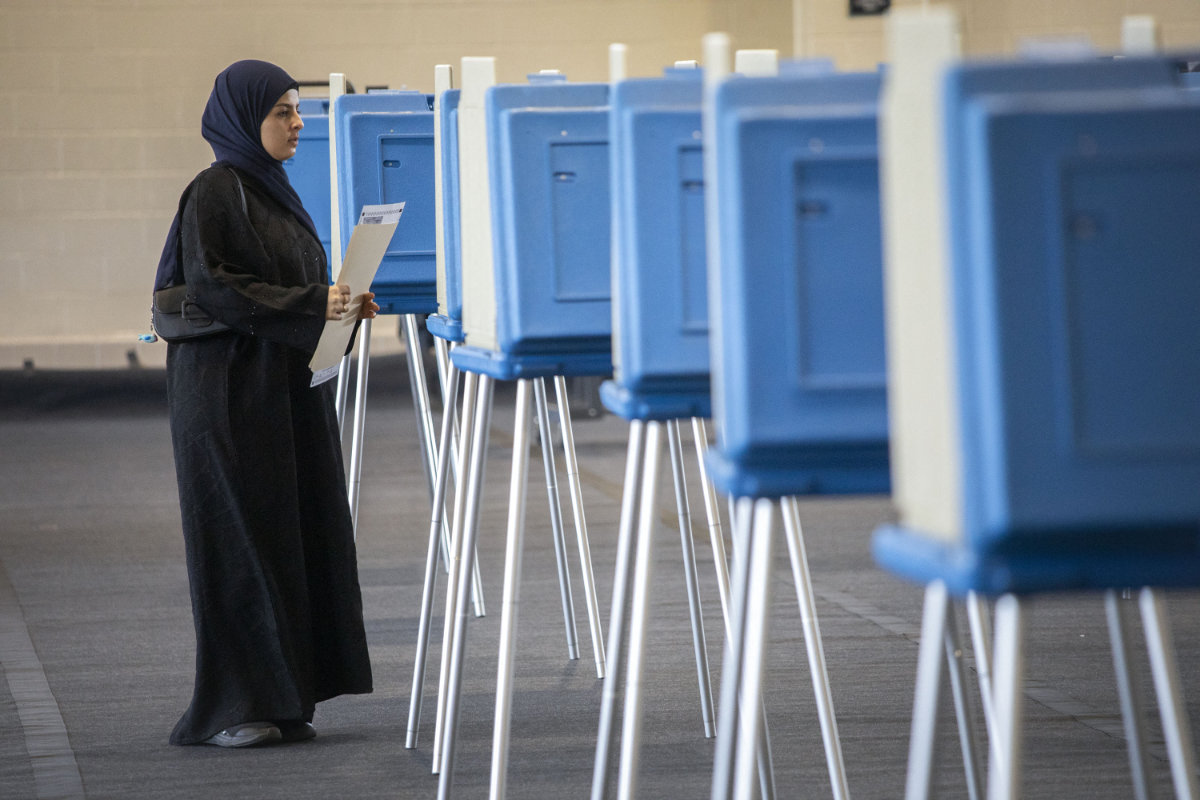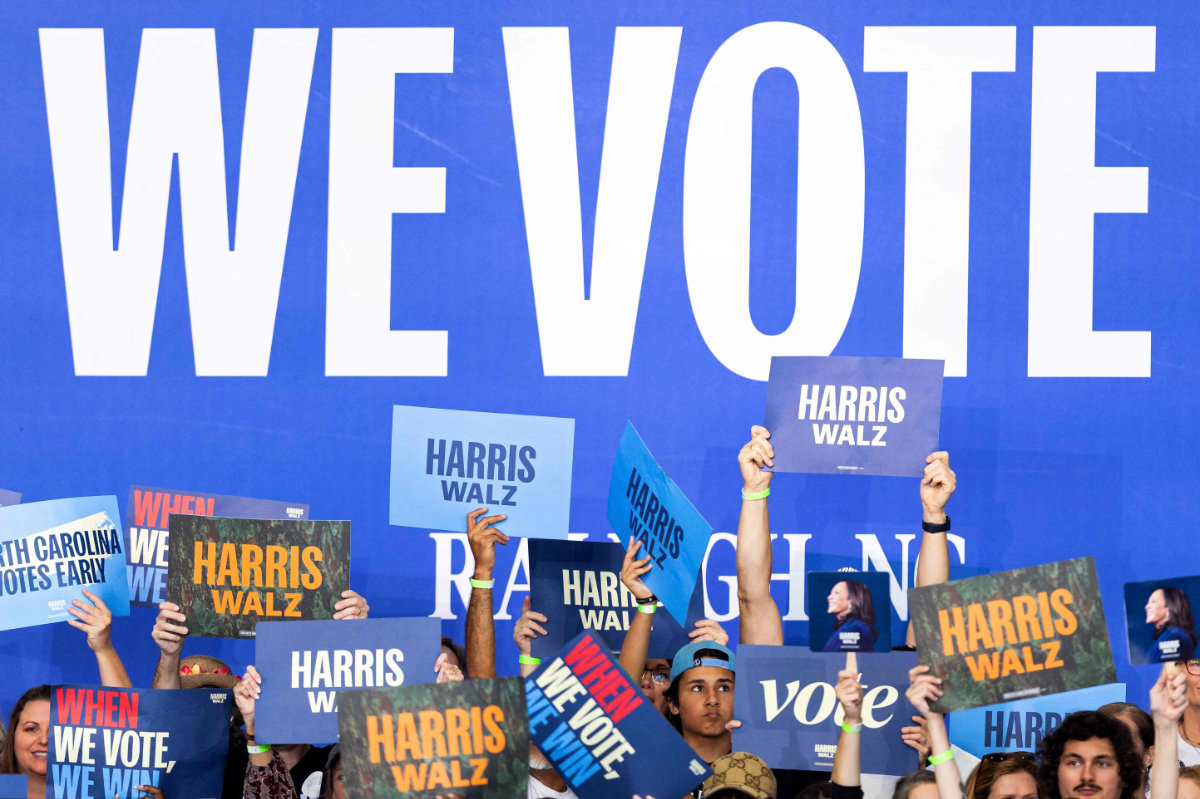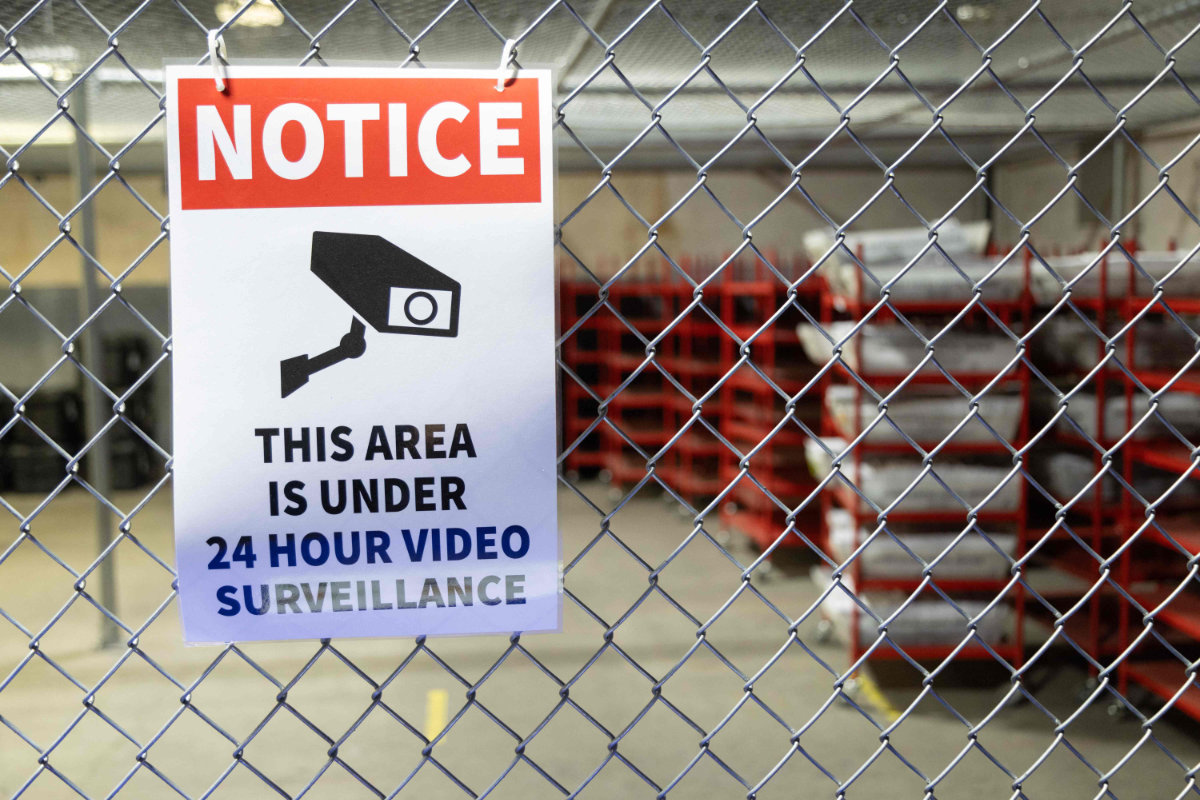BRATISLAVA: A suspect detained for shooting Slovakia Prime Minister Robert Fico is a 71-year-old writer from the center of the European nation, the interior minister said Wednesday, after media identified the man.
“I think I can confirm this, yes,” Interior Minister Matus Sutaj Estok told reporters when asked about reports identifying the man detained at the scene of the shooting in the town of Handlova.
A grey haired suspect was seen being handcuffed on the ground just after Fico was shot several times after a government meeting in Handlova.
The populist prime minister was shot multiple times and gravely wounded Wednesday, but his deputy prime minister said he believed Fico would survive.
The prime minister had been greeting supporters at an event when the attempted assassination took place, shocking the small country and reverberating across Europe weeks before an election.
“I guess in the end he will survive,” Tomas Taraba told the BBC, adding: “He’s not in a life threatening situation at this moment.”
Doctors fought for Fico’s life several hours after the pro-Russian leader, 59, was hit in the abdomen, Defense Minister Robert Kalina told reporters at the hospital where Fico was being treated.”
Five shots were fired outside a cultural center in the town of Handlova, nearly 140 kilometers (85 miles) northeast of the capital, government officials said. Fico was shot while attending a meeting of his government in the town of 16,000 that was once a center of coal mining.
A suspect was in custody, and an initial investigation found “a clear political motivation” behind the assassination attempt, Interior Minister Matus Sutaj Estok said as he briefed reporters alongside the defense minister.
Media reports said the suspect was a founder of the DUHA (Rainbow) Literary Club and was from the town of Levice.
The reports, which also named him, said he has written three poetry collections and is a member of the official Association of Slovak Writers.
The association confirmed on Facebook that the man had been a member since 2015, adding that if his identity as the suspected shooter was confirmed “the membership of this despicable person will be immediately canceled.”
The suspect’s son told Slovak news site aktuality.sk that he had “absolutely no idea what father was thinking, what he was planning, why it happened.”
He said his father was a legally registered gun owner.
When asked if he felt any hatred toward Fico, the son said: “I’ll tell you this: he didn’t vote for him. That’s all I can say about it.”
Vlasta Kollarova, head of a local library in the man’s hometown told Dennik N daily: “He was rebellious when he was young, but not aggressive.”
Several political statements by the man, who AFP has chosen not to name, could be found on social media.
“The world is full of violence and weapons. People seem to be going crazy,” he said in a video eight years ago posted online.
In the video, he also spoke about concern over immigration and “hatred and extremism” and said European governments “have no alternative to this chaos.”
He also said in the video that he had founded a “Movement Against Violence” in Levice.
The movement, which also has its Facebook page, defines itself as “an emerging political party whose goal is to prevent the spread of violence in society. To prevent war in Europe and the spread of hatred.”
Divisive figure
Fico has long been a divisive figure in Slovakia and beyond, but his return to power last year on a pro-Russian, anti-American message led to even greater worries among fellow European Union members that he would lead his country further from the Western mainstream.
Kicking off his fourth term as prime minister, his government halted arms deliveries to Ukraine, and critics worry that he will lead Slovakia — a nation of 5.4 million that belongs to NATO — to abandon its pro-Western course and follow in the footsteps of Hungary under populist Prime Minister Viktor Orbán.
Thousands have repeatedly rallied in the capital and across Slovakia to protest Fico’s policies.
A message posted to Fico’s Facebook account said he was taken to a hospital in Banská Bystrica, 29 kilometers (17 miles) from Handlova, because it would take too long to get to the capital, Bratislava.
The attack comes as political campaigning heats up three weeks ahead of Europe-wide elections to choose lawmakers for the European Parliament. Concern is mounting that populist and nationalists similar to Fico could make gains in the 27-member bloc.
But politics as usual were put aside as the nation faced the shock of the attempt on Fico’s life.
“A physical attack on the prime minister is, first of all, an attack on a person, but it is also an attack on democracy,” outgoing President Zuzana Caputova, a political rival of Fico, said in a televised statement. “Any violence is unacceptable. The hateful rhetoric we’ve been witnessing in society leads to hateful actions. Please, let’s stop it.”
President-elect Peter Pellegrini, an ally of Fico, called the shooting “an unprecedented threat to Slovak democracy. If we express other political opinions with pistols in squares, and not in polling stations, we are jeopardizing everything that we have built together over 31 years of Slovak sovereignty.”
The recent elections that brought Fico and his allies to power have underlined deep social divisions, exacerbated by the war in Ukraine, Slovakia’s neighbor to the east.
Gábor Czímer, a political journalist at Slovakian news outlet Ujszo.com, said Fico’s return to power had uncovered signs that “Slovak society is strongly split into two camps” — one that is friendly toward Russia and another that pushes for stronger connections with the EU and the West.
“At the same time, I couldn’t imagine that it would lead to physical violence,” Czímer said.
Estok, the Slovak interior minister, told reporters outside the hospital that the country was “on the edge of a civil war” from the political tension.
“Such hateful comments are being made on social networks today, so please, let’s stop this immediately,” he said.
US President Joe Biden said he was alarmed by the assassination attempt. “We condemn this horrific act of violence,” he said in a statement.
NATO Secretary-General Jens Stoltenberg posted on the social media platform X that he was “shocked and appalled” by the attempt on Fico’s life. European Commission President Ursula von der Leyen called it a “vile attack.”
Ukrainian President Volodymyr Zelensky denounced the violence against a neighboring country’s head of government.
“Every effort should be made to ensure that violence does not become the norm in any country, form or sphere,” he said.
Slovakia’s Parliament was adjourned until further notice. The major opposition parties, Progressive Slovakia and Freedom and Solidarity, canceled a planned protest against a controversial government plan to overhaul public broadcasting that they say would give the government full control of public radio and television.
Progressive Slovakia leader Michal Simecka called on all politicians “to refrain from any expressions and steps which could contribute to further increasing the tension.”
Czech Prime Minister Petr Fiala wished the premier a swift recovery. “We cannot tolerate violence, there’s no place for it in society.”
The Czech Republic and Slovakia formed Czechoslovakia until 1992.




















